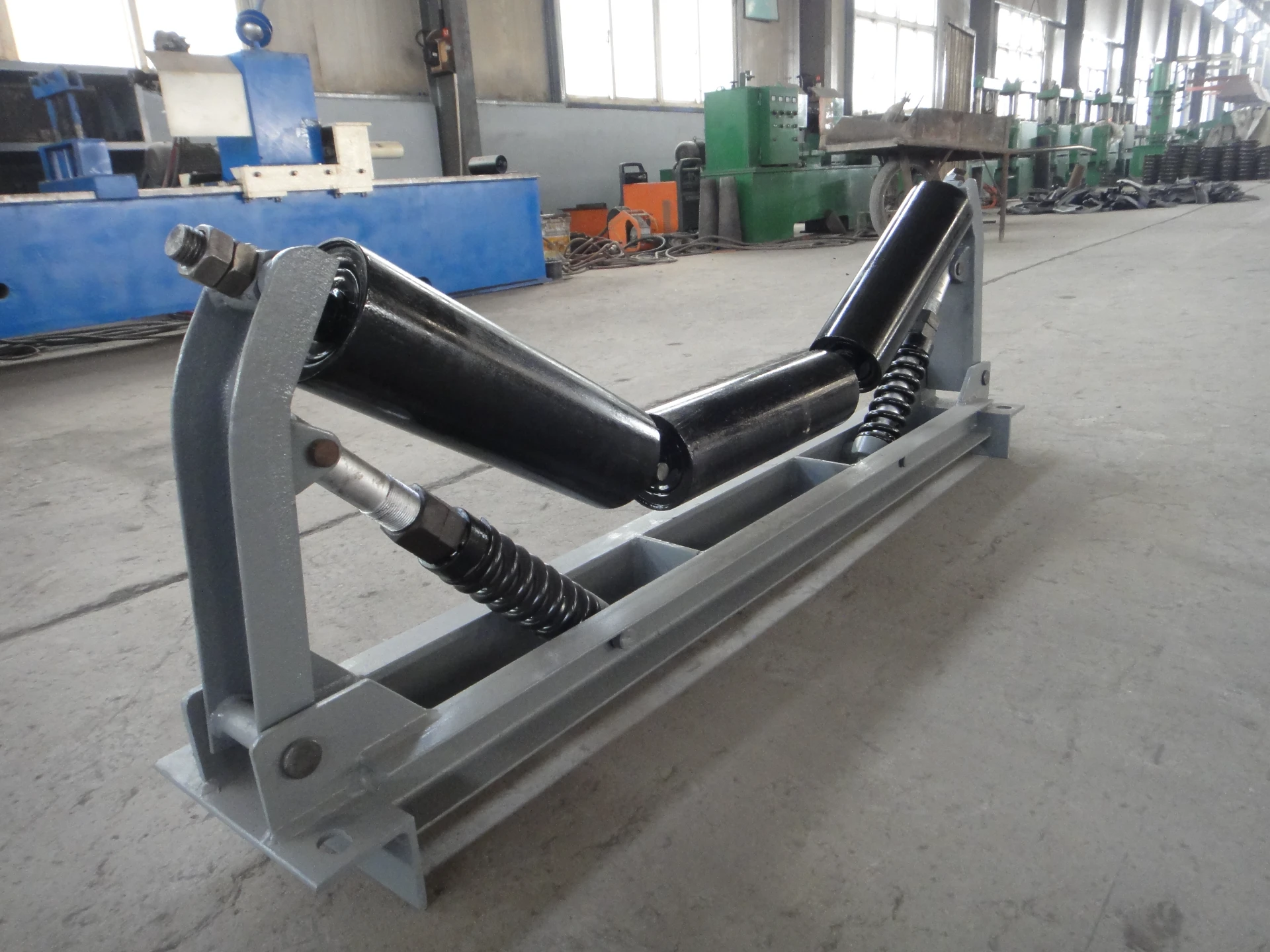 Afrikaans
Afrikaans  Albanian
Albanian  Amharic
Amharic  Arabic
Arabic  Armenian
Armenian  Azerbaijani
Azerbaijani  Basque
Basque  Belarusian
Belarusian  Bengali
Bengali  Bosnian
Bosnian  Bulgarian
Bulgarian  Catalan
Catalan  Cebuano
Cebuano  Corsican
Corsican  Croatian
Croatian  Czech
Czech  Danish
Danish  Dutch
Dutch  English
English  Esperanto
Esperanto  Estonian
Estonian  Finnish
Finnish  French
French  Frisian
Frisian  Galician
Galician  Georgian
Georgian  German
German  Greek
Greek  Gujarati
Gujarati  Haitian Creole
Haitian Creole  hausa
hausa  hawaiian
hawaiian  Hebrew
Hebrew  Hindi
Hindi  Miao
Miao  Hungarian
Hungarian  Icelandic
Icelandic  igbo
igbo  Indonesian
Indonesian  irish
irish  Italian
Italian  Japanese
Japanese  Javanese
Javanese  Kannada
Kannada  kazakh
kazakh  Khmer
Khmer  Rwandese
Rwandese  Korean
Korean  Kurdish
Kurdish  Kyrgyz
Kyrgyz  Lao
Lao  Latin
Latin  Latvian
Latvian  Lithuanian
Lithuanian  Luxembourgish
Luxembourgish  Macedonian
Macedonian  Malgashi
Malgashi  Malay
Malay  Malayalam
Malayalam  Maltese
Maltese  Maori
Maori  Marathi
Marathi  Mongolian
Mongolian  Myanmar
Myanmar  Nepali
Nepali  Norwegian
Norwegian  Norwegian
Norwegian  Occitan
Occitan  Pashto
Pashto  Persian
Persian  Polish
Polish  Portuguese
Portuguese  Punjabi
Punjabi  Romanian
Romanian  Russian
Russian  Samoan
Samoan  Scottish Gaelic
Scottish Gaelic  Serbian
Serbian  Sesotho
Sesotho  Shona
Shona  Sindhi
Sindhi  Sinhala
Sinhala  Slovak
Slovak  Slovenian
Slovenian  Somali
Somali  Spanish
Spanish  Sundanese
Sundanese  Swahili
Swahili  Swedish
Swedish  Tagalog
Tagalog  Tajik
Tajik  Tamil
Tamil  Tatar
Tatar  Telugu
Telugu  Thai
Thai  Turkish
Turkish  Turkmen
Turkmen  Ukrainian
Ukrainian  Urdu
Urdu  Uighur
Uighur  Uzbek
Uzbek  Vietnamese
Vietnamese  Welsh
Welsh  Bantu
Bantu  Yiddish
Yiddish  Yoruba
Yoruba  Zulu
Zulu conveyor belt scraper
The Importance of Conveyor Belt Scrapers in Industrial Operations
In the modern industrial landscape, conveyor belts play a crucial role in the efficiency and effectiveness of material handling processes. These belts are essential for transporting goods across various sectors, including manufacturing, mining, and agriculture. However, as integral as they are, conveyor belts are also prone to issues such as material buildup and contamination. This is where conveyor belt scrapers become vital components of the conveyor system.
What is a Conveyor Belt Scraper?
A conveyor belt scraper is a device installed on conveyor systems designed to remove material that adheres to the belt's surface. This residue can consist of dust, debris, and leftover products, which, if not removed, can lead to various problems, including reduced efficiency and increased wear and tear on the belt itself. The scraper ensures the conveyor belt maintains optimal performance by keeping the surface clean, allowing for smoother operations and reducing the risk of jams and blockages.
Types of Conveyor Belt Scrapers
There are several types of conveyor belt scrapers, each designed for specific applications and materials. The most common types include
1. Primary Scrapers These scrapers are positioned closest to the discharge point of the conveyor. They are robust and designed to handle larger amounts of material, efficiently removing it from the belt.
2. Secondary Scrapers Installed further down the line, secondary scrapers provide an additional cleaning mechanism. They help to eliminate any remaining residue that may have been missed by the primary scraper.
3. Tertiary Scrapers Used in specific applications, tertiary scrapers can be highly specialized for handling certain materials or conditions, ensuring a thorough cleaning.
4. Belt Cleaning Systems These integrated systems combine multiple scrapers and additional cleaning methods, such as brushes or wash-down systems, to provide comprehensive belt cleanliness.
conveyor belt scraper

Each type serves a unique purpose and is chosen based on the specific requirements of the conveyor application, including the material being handled, the conveyor belt’s design, and the desired level of cleanliness.
Benefits of Conveyor Belt Scrapers
The implementation of conveyor belt scrapers comes with various benefits
1. Enhanced Efficiency Keeping the conveyor belt clean prevents material from building up, which can lead to inefficient belt movement. This efficiency translates into increased productivity and reduced downtime for maintenance.
2. Prolonged Belt Lifespan Excess material can cause unnecessary wear on the conveyor belt, leading to early replacements and increased costs. By regularly cleaning the belt, scrapers help extend its lifespan.
3. Improved Safety A clean conveyor reduces hazards associated with material spillage or buildup, which can pose risks to workers and equipment. Maintaining a clear path ensures a safer working environment.
4. Better Product Quality In industries where cleanliness is critical, such as food processing, conveyor belt scrapers play a vital role in preventing contamination, thereby maintaining high product quality.
5. Cost-Effectiveness Although there is an initial investment in conveyor belt scrapers, the long-term benefits, such as reduced maintenance costs and extended equipment life, make them a cost-effective solution.
Conclusion
Conveyor belt scrapers are indispensable tools in various industries, ensuring that conveyor systems operate at peak efficiency while minimizing the risks associated with material buildup. By understanding the different types of scrapers available and their respective benefits, businesses can make informed decisions to enhance their conveyor belt systems. In an era where operational efficiency and product quality are paramount, investing in effective conveyor belt cleaning solutions is not merely an option; it is a necessity for success in the competitive market. Thus, the integration of conveyor belt scrapers is a step towards ensuring smoother, safer, and more sustainable industrial operations.
-
Revolutionizing Conveyor Reliability with Advanced Rubber Lagging PulleysNewsJul.22,2025
-
Powering Precision and Durability with Expert Manufacturers of Conveyor ComponentsNewsJul.22,2025
-
Optimizing Conveyor Systems with Advanced Conveyor AccessoriesNewsJul.22,2025
-
Maximize Conveyor Efficiency with Quality Conveyor Idler PulleysNewsJul.22,2025
-
Future-Proof Your Conveyor System with High-Performance Polyurethane RollerNewsJul.22,2025
-
Driving Efficiency Forward with Quality Idlers and RollersNewsJul.22,2025





























